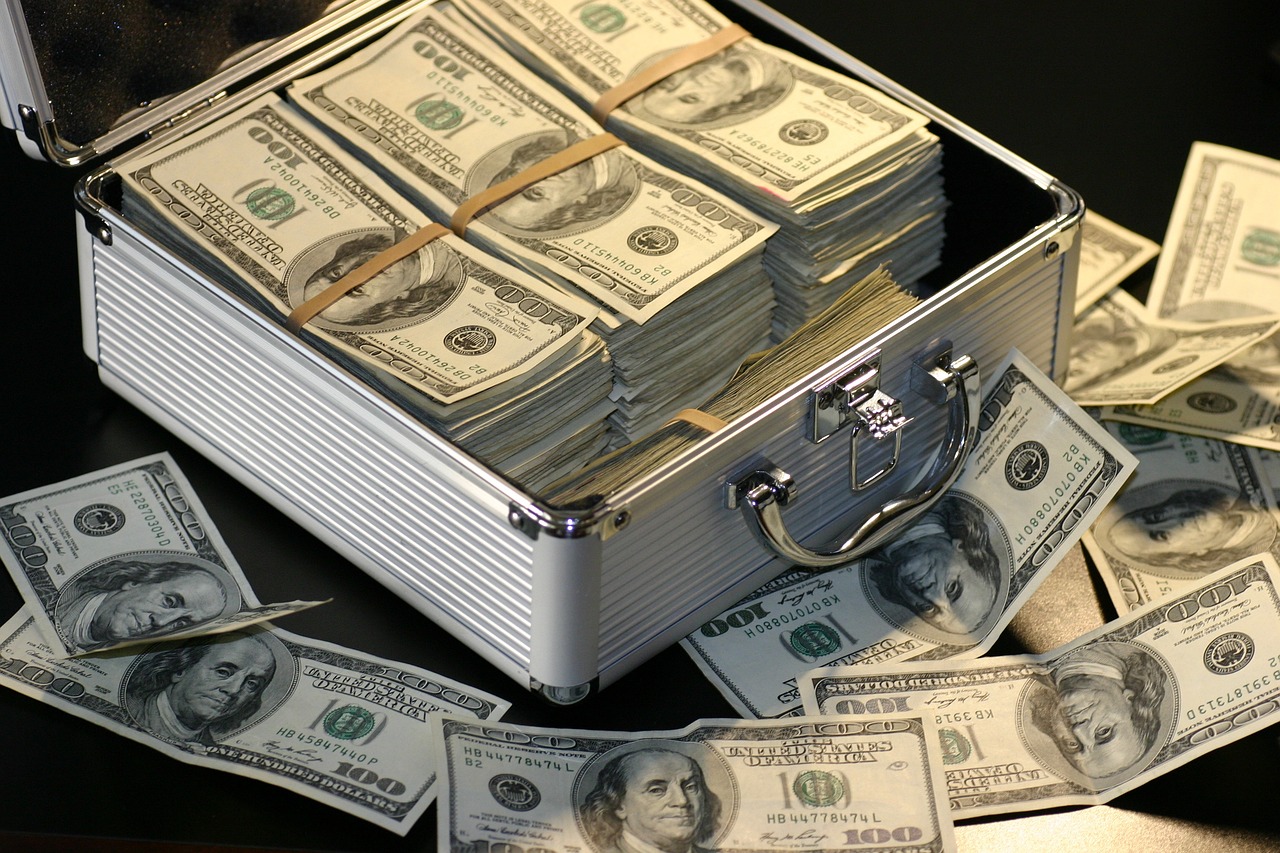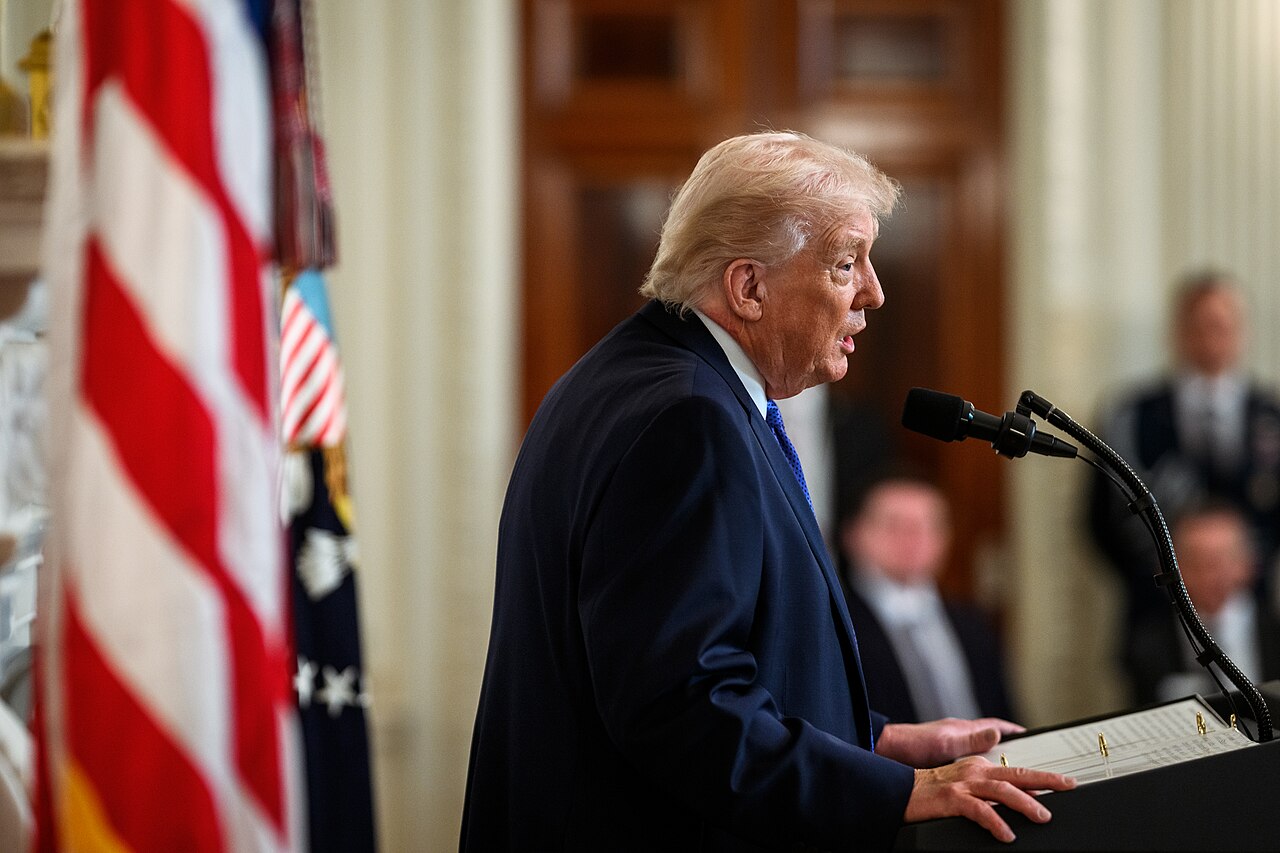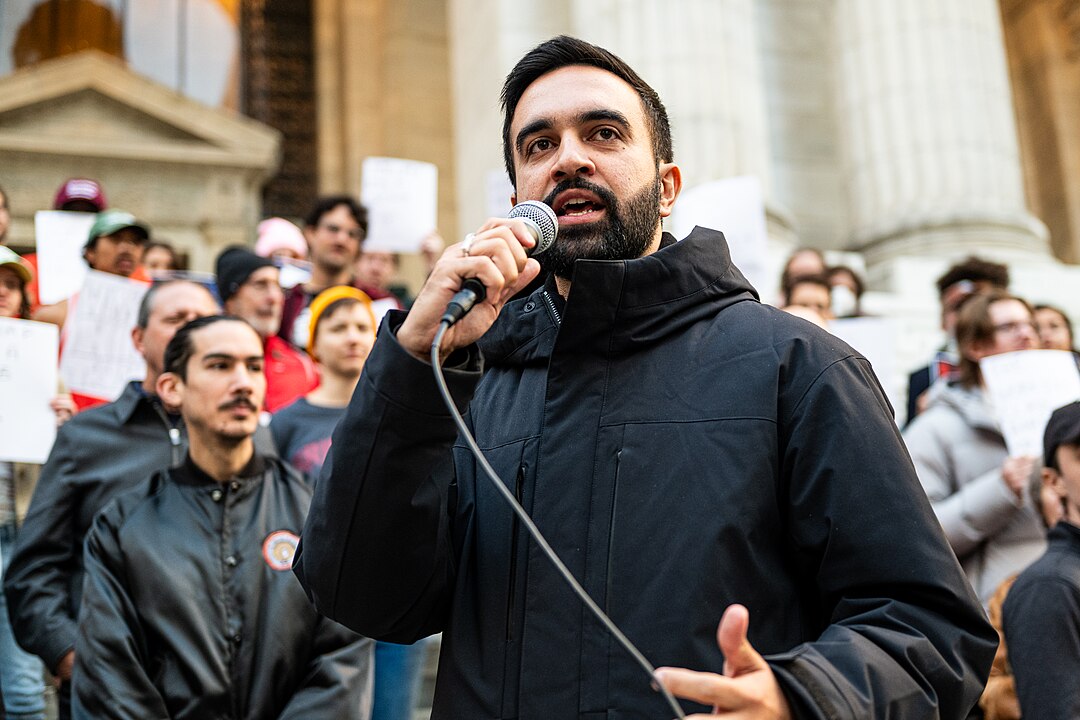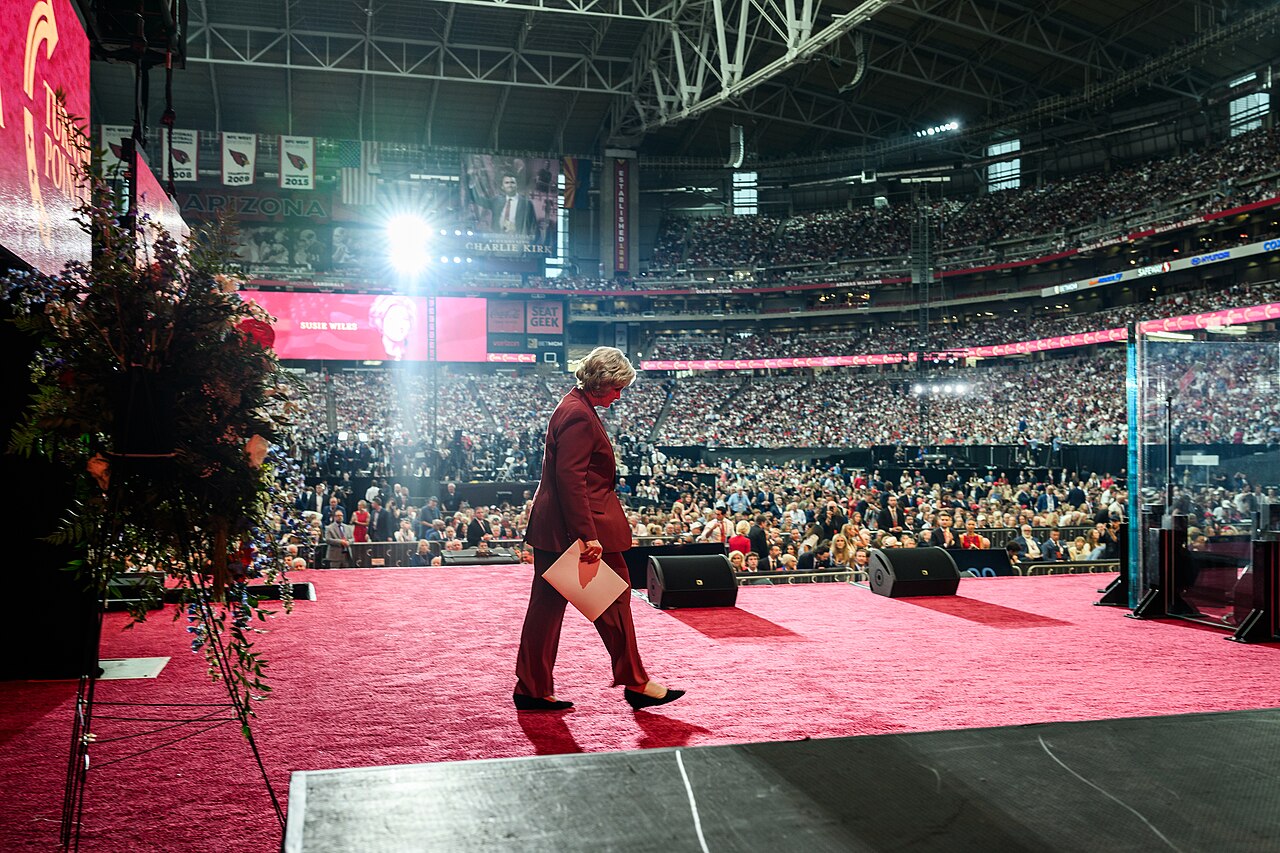President Donald Trump announced Sunday that his administration plans to send $2,000 “dividend” checks to Americans, funded by revenue collected from U.S. tariffs — a decision he said would return wealth taken from foreign countries back to the American people.
“A dividend of at least $2,000 a person (not including high-income people!) will be paid to everyone,” Trump wrote on Truth Social, calling opponents of tariffs “FOOLS!” and declaring that the country is taking in “Trillions of Dollars” that could also help pay down the national debt.
The proposal would need Congressional approval to come to fruition.
Tariff Revenue and Debt Reduction
Trump’s announcement builds on his administration’s broader trade policy, which has included new tariffs on goods from China, Mexico, and the European Union. According to the Treasury Department, the U.S. collected $195 billion in tariff duties through the first three quarters of 2025 — a record figure.
Treasury Secretary Scott Bessent told CNBC in August that the White House intends to use tariff revenue to reduce the $38.12 trillion national debt, the highest in American history.
Trump reiterated this goal in his Truth Social post, writing that tariff money would go toward lowering the nation’s “ENORMOUS” debt.
However, the president did not provide specifics on when payments might begin or how the administration would fund both the rebate program and debt reduction simultaneously.
Support from Allies and Comparisons to Past Proposals
The idea mirrors a proposal introduced by Sen. Josh Hawley (R-MO) earlier this year, which called for $600 tariff rebates for American workers and their dependents.
“My legislation would allow hard-working Americans to benefit from the wealth that Trump’s tariffs are returning to this country,” Hawley said when introducing the bill in July.
Trump has previously teased similar “tariff dividend” ideas, saying Americans should share in the profits from what he calls “America’s fair trade renaissance.”
Tariffs and Consumer Costs
While the president touts tariffs as a tool to rebuild American industry and generate revenue, some economists warn they also contribute to higher prices for consumers.
Data from the Yale Budget Lab shows that the average effective tariff rate now stands at 18 percent — the highest since 1934. Companies have passed some of those costs onto consumers, raising prices across a range of imported goods.
Even so, Trump and his supporters argue the benefits outweigh the costs. The president insists the policy rewards American workers and penalizes what he calls “unfair foreign trade practices.”



